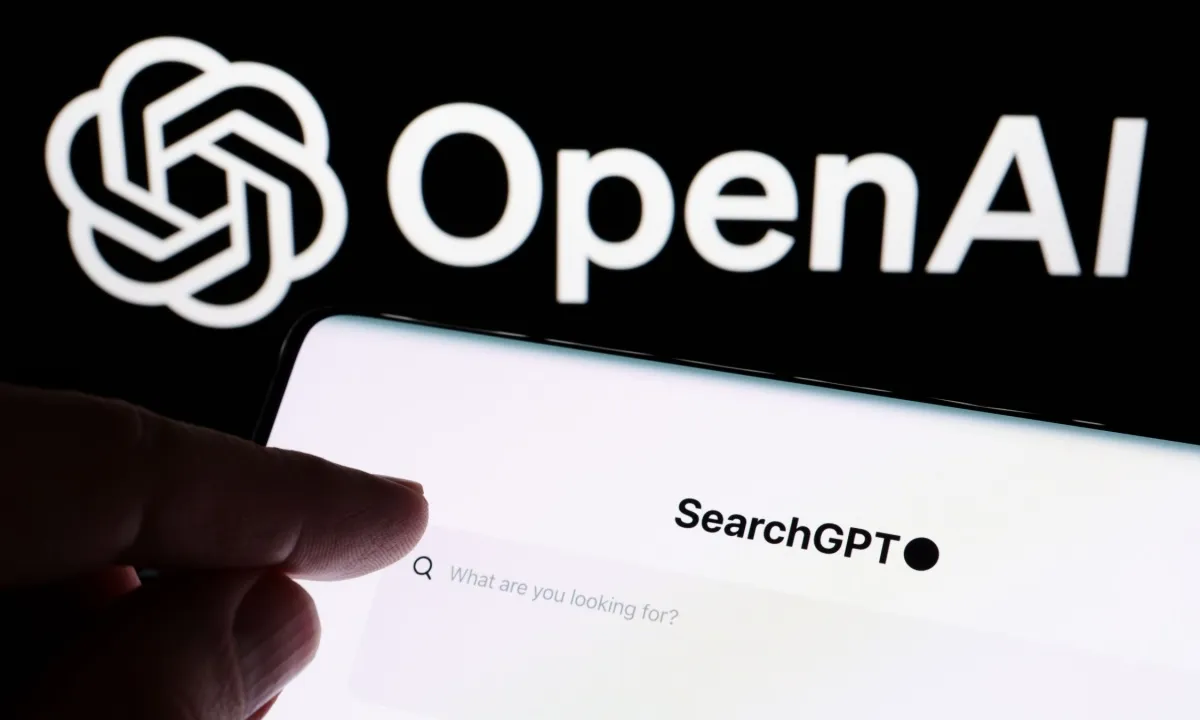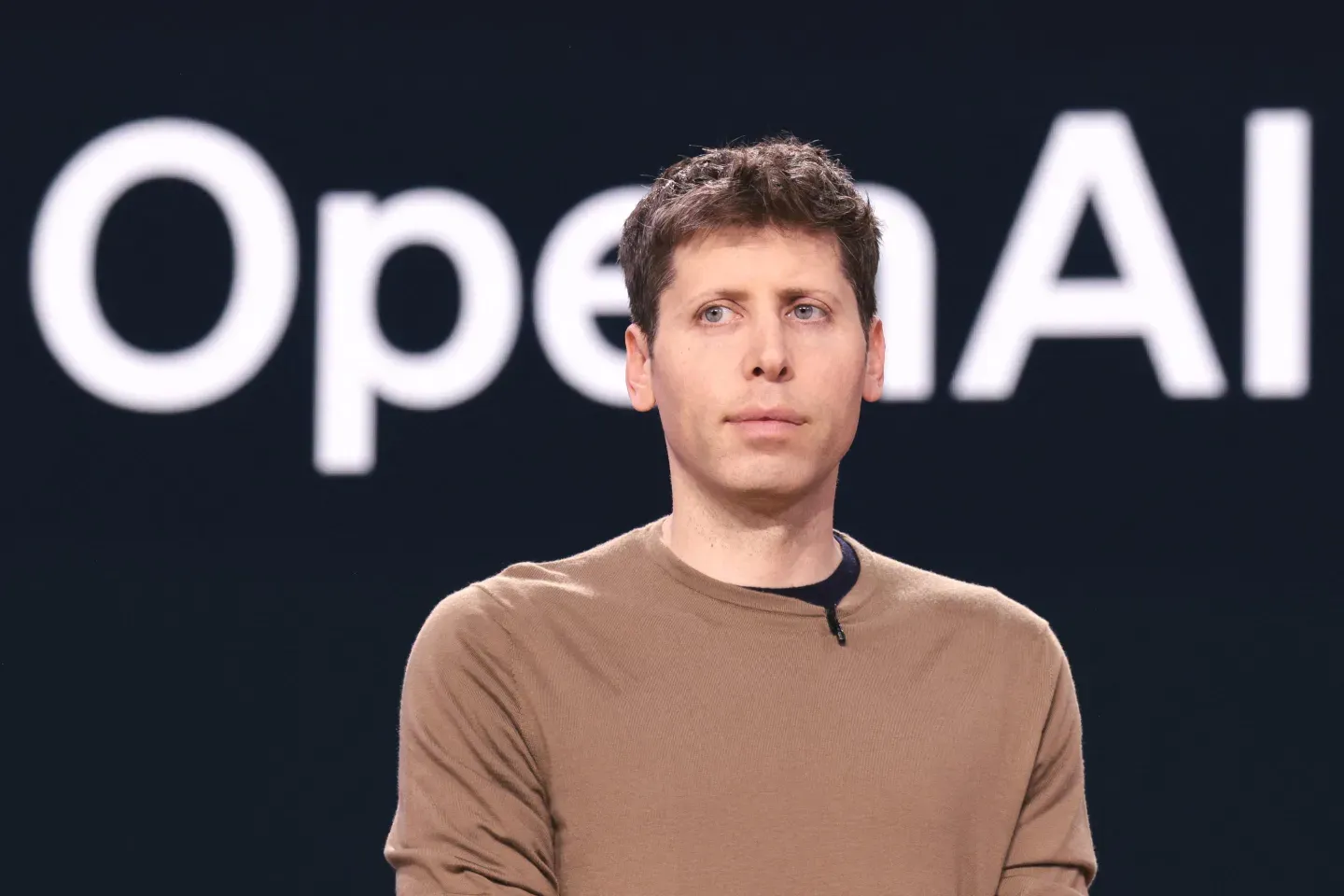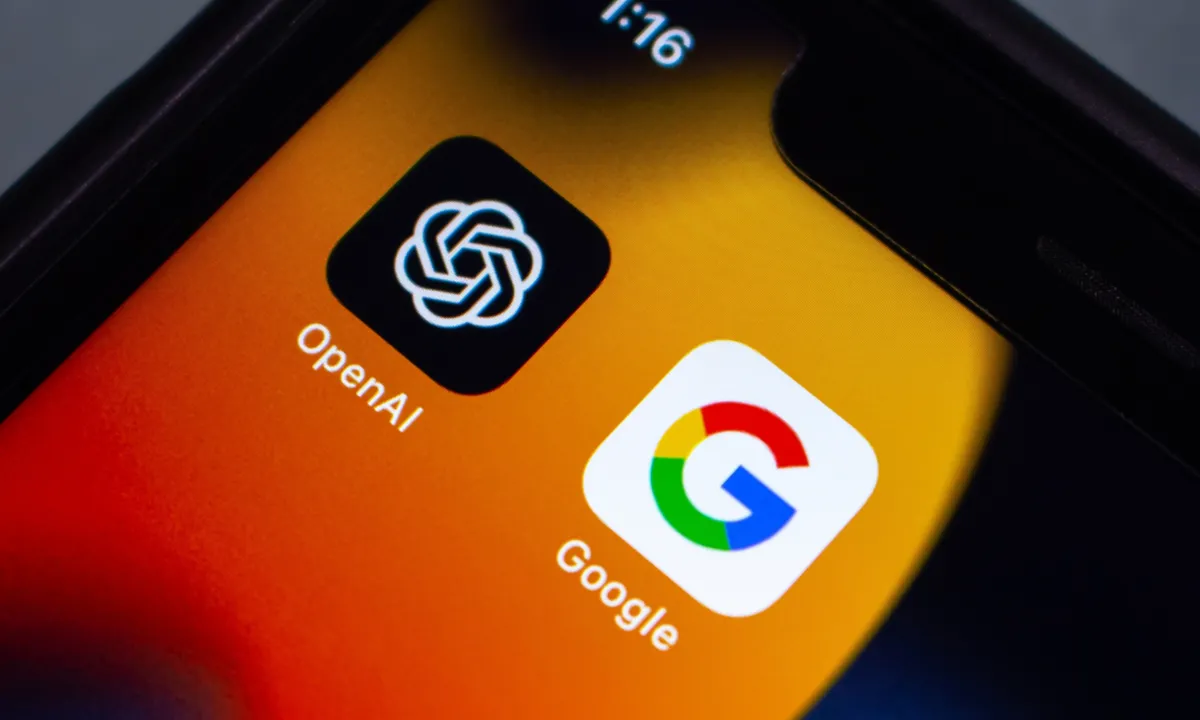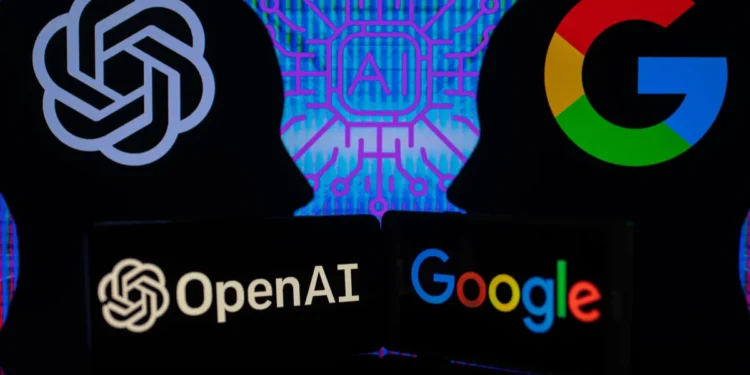In a bold move that marks a significant shift in the way AI models interact with data, Google has announced it will integrate Anthropic’s Model Context Protocol (MCP) into its Gemini models and SDK. This decision follows a similar announcement from OpenAI just weeks ago, signaling a major industry-wide embrace of MCP as a standard for linking AI systems with data sources.

In a post on X (formerly Twitter), Google DeepMind CEO Demis Hassabis shared the news, highlighting MCP as a promising development for AI’s future. Hassabis wrote, “MCP is a good protocol and it’s rapidly becoming an open standard for the AI agentic era. Look forward to developing it further with the MCP team and others in the industry.” While the exact timeline for this implementation remains unclear, the announcement positions Google as a key player in the next stage of AI evolution.
Understanding the Model Context Protocol (MCP)
At its core, the Model Context Protocol is a groundbreaking tool that enables AI models to seamlessly connect with various data sources—ranging from business software and tools to content repositories and app development environments. This connection facilitates more efficient and powerful interactions between AI systems and the vast amount of data that drives today’s digital ecosystem.
With MCP, developers can create bi-directional links between their applications and data sources, enabling AI-powered apps, such as chatbots, to access and utilize external data in real-time. The flexibility of the protocol allows developers to expose data through “MCP servers,” which can then connect to “MCP clients”—a range of applications or workflows that interact with these data sources.

A Growing Ecosystem of MCP Support
The growing adoption of MCP is a testament to its potential as a transformative protocol in the world of AI. Since Anthropic open-sourced MCP, several major players have integrated it into their platforms, including Block, Apollo, Replit, Codeium, and Sourcegraph. Each of these companies is leveraging MCP to enhance their services, allowing AI models to connect with a broader range of data tools and repositories.
The protocol’s ability to bridge the gap between diverse data environments and AI models makes it an attractive option for businesses seeking to create more intelligent, data-aware applications. With Google’s endorsement, the future of MCP seems even more promising, with the possibility of further adoption across industries as the AI ecosystem matures.
What This Means for the Future of AI Development
Google’s move to integrate MCP into its Gemini models underscores a shift in the AI landscape toward greater interoperability. By supporting an open standard like MCP, companies are ensuring that their AI models can function across a wide variety of platforms and applications, enhancing their ability to complete complex tasks and respond to dynamic data inputs.

For developers, this opens up new possibilities for creating more sophisticated AI systems that are not only capable of understanding data but can also interact with it in a meaningful way. As AI continues to evolve, the widespread adoption of protocols like MCP will likely become the norm, enabling a new generation of smarter, more responsive AI tools.










